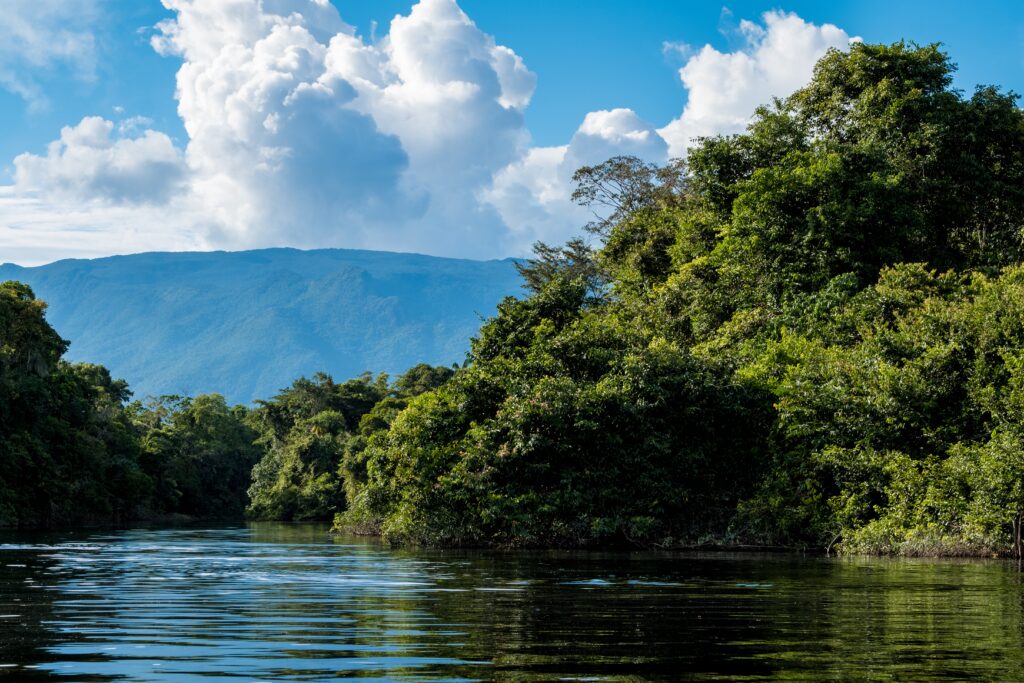New law project aims to criminalize environmental registration fraud
A new law project, filed by Senator José Serra (PSDB) last week, aims to classify fraudulent practices in the CAR (Rural Environmental Registry or Cadastro Ambiental Rural, in Portuguese) as a crime. The result of a collaboration between IPAM (Amazon Environmental Research Institute) and RAPS (Political Action Network for Sustainability), the initiative responds the alert […]

A new law project, filed by Senator José Serra (PSDB) last week, aims to classify fraudulent practices in the CAR (Rural Environmental Registry or Cadastro Ambiental Rural, in Portuguese) as a crime.
The result of a collaboration between IPAM (Amazon Environmental Research Institute) and RAPS (Political Action Network for Sustainability), the initiative responds the alert from socio-environmental entities about irregular use of self-declared electronic records.
The PL 486/2022 intends to criminalize illegal registration and prohibit the registration of rural properties in protected areas, such as conservation units and indigenous lands, and in non-destined public forests.
In addition, Serra needs to collect 27 peers signatures in the Federal Senate to formalize a PEC (Proposal for a Constitutional Amendment) proposal with the same content.
“Science and high quality data mapping can play a fundamental role to support legislative proposals, as the PL 486. This is the convergence that can free the Amazon from land grabbing”, highlights IPAM senior researcher Paulo Moutinho.
In the same sense, Senator Serra, in an article published in the Estado de S.Paulo newspaper, admits the importance of exchanging information between sectors:
“Knowing the dynamics of deforestation is essential for designing effective environmental public policies. An incorrect diagnosis will lead to misleading approach,” he wrote.
Risk map
As IPAM showed in a technical note published in February, more than half (51%) of deforestation in the Amazon between 2018 and 2021 occurred on public lands.
This deforestation is directly related to land grabbing, which means illegal occupation. In 2021, the year in which deforestation in the Amazon exceeded levels recorded in 2006, invasion of public lands was also the main cause of deforestation in the Amazon.
Data from Inpe (National Institute for Space Research) revealed that 28% of the 13,200 square kilometers felled between August 2020 and July 2021 took place in non-destined public forests.
In the Amazon, not destined areas occupy about 51 million hectares, an area equivalent to twice the state of Rio Grande do Sul or equivalent of Spain.
Another indication that links deforestation on public lands to land grabbing is the increase in CAR registrations on these forests. The public area declared as private rural property has increased by 232% since 2016, according to an IPAM study, reaching 18.6 million hectares in 2020.
It is more than three times the extension of the territory of the Federal District and corresponds to 32% of all public non-destined forests in the Amazon.
An instrument created by the Forest Code in 2012, the CAR is a self-declaratory electronic record. However, this has created inconsistencies and overlaps between registries of rural properties and public lands.


